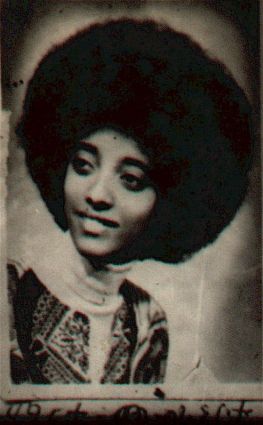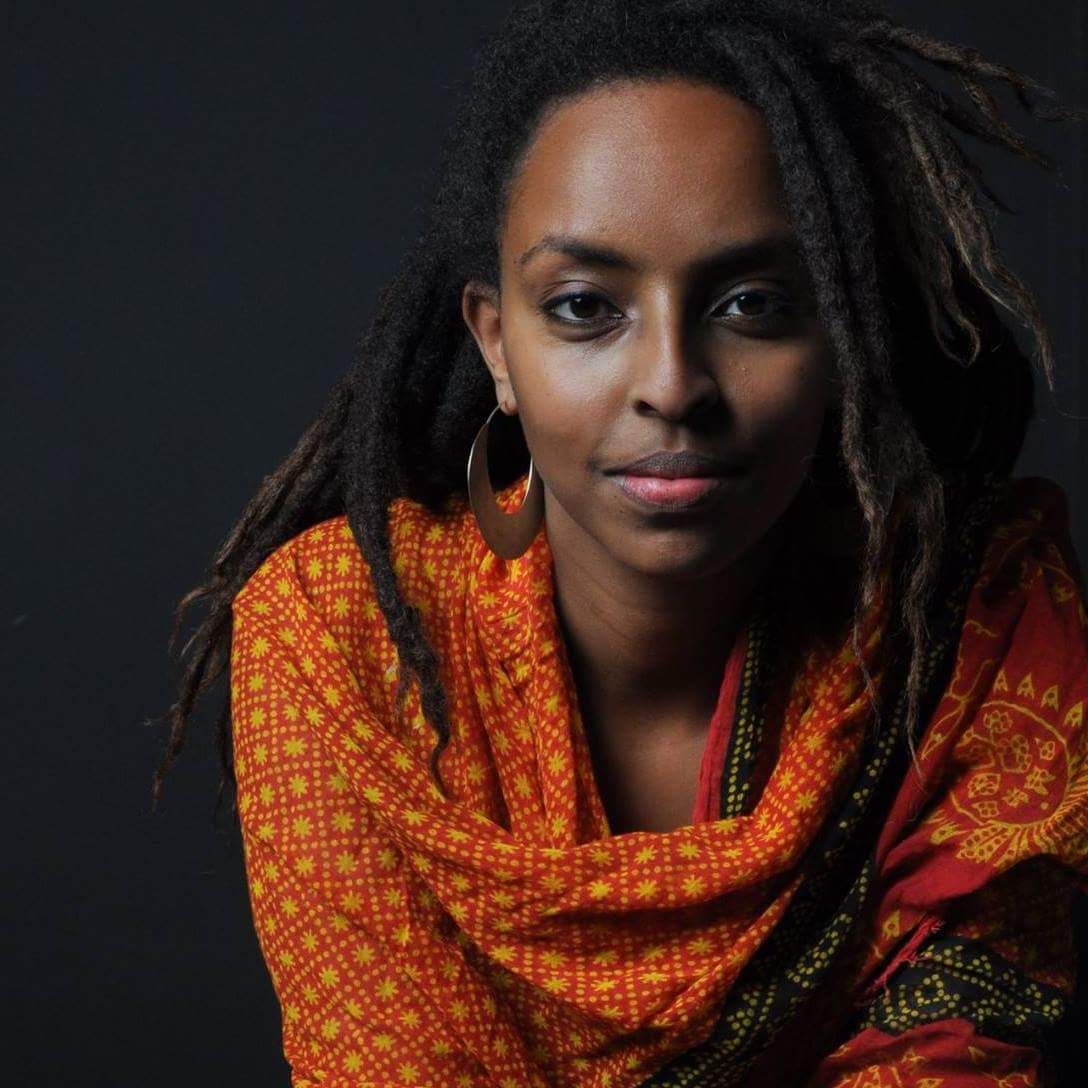Martha Mebrahtu
Martha Mebrahtu was one of the heroic martyrs of the Eritrean struggle, a young eccentric Eritrean feminist and a student revolutionary during the rule of Emperor Haile Selassie.

Martha was born on August 23, 1950, in Addis Ababa. She attended her high school education and joined college at the age of 15. As a young girl, she had the chance to study in Nigeria and to visit the US. This enriched her knowledge about the political situation of that time and opened a door for her to be very intelligent and brave at an early age. Despite her young age, she had good awareness and participation on the issues around African women. Her teachers always admired her attitude toward politics and praised her, “a child who understands the problems and poverty of African women”
Martha was a seventh-year medical student when she started fighting against injustice, inequality, and oppression. Parallel to her academic career, she was the elected president of the University Medical Students’ Association. She unshakably criticized the feudal system that exploited the poor and passionately advocated for social change. Her US exposure, as a high school student, in particular, introduced her to the civil rights and feminist movements.
On December 8, 1972, sadly the Ethiopian government forces murdered her during the active process of hijacking an Ethiopian airliner together with other fellow revolutionary members. After this moment, the consciousness of the mass went into high gear and many students continued leaving the university and joining the revolution. Martha’s tragic murder not only angered but also inspired thousands of young men and women to stand up.
It is considered that this incident paved the way for other activists, and awakened a wider mass consciousness against the rule. The regime responded with force, suppressing the growing student movement, though their violent suppression only speeded up their downfall.
Martha left behind a message (”written on Thursday night of December 7, 1972”) a day before she participated in the historical plane hijacking experience, laying out the reasons that compelled her to make the sacrifice on the next day and which has since come to be known famously as “The Martha Manifesto”.
She put her thoughts in words and laid down her dreams.
We, women of Eritrea and Ethiopia have made our life ready to participate in a struggle, and we would like to explain the nature of our struggle to our sisters and brothers all over the world.
Our struggle demands a bitter sacrifice in order to liberate our oppressed and exploited people from the yokes of feudalism and imperialism. In this struggle, we have to be bold and merciless. Our enemies can only understand such a language.
We, women of Eritrea and Ethiopia, are not only exploited as members of the working classes and peasants, we are also victims of gender inequality, treated as second-class citizens. Therefore, our participation in this struggle must double the efforts of other oppressed groups; we must fight harder, we must be at the forefront.
We must equally participate in the struggle for economic and social justice that our brothers have waged. We have a responsibility to become a formidable force in the revolutionary army.
The rights of freedom and equality are not manna from heaven. We, women, have to be organized and have to make ourselves ready for an armed struggle. This fight will need financial, material, and moral support of progressive international women’s associations. We reach out to our sisters in other parts of the world so you can help us achieve this goal; we hope your support will reach us, as we need it.
We affirm our full support for the oppressed people of the world who are struggling to free themselves from imperialism, colonialism, neocolonialism, and racism! We stand by the freedom fighters in Vietnam, Palestine, Guinea-Bissau, and in other African and Latin American countries; we champion the Civil Rights leaders in North America.
Victory to the popular struggle of the people! May the people’s movement for freedom in both Eritrea and Ethiopia live forever! My sisters and my brothers let us keep on fighting!
Although she left the world tragically, her vision continued and inspired many others like her, who not only broke down the shackles of oppression but also proved to their men that they were equally capable of destroying the enemy.
In addition, she inspired thousands of other women to be other Martha’s through her martyrdom. Her gallantry, commitment, discipline, and selfless mentality honored her not only a great revolutionary but also a role model to others who pursued her idea!
